Born in the 1970s, permaculture was initially linked to sustainable agriculture. The name itself meant “permanent agriculture” expressing the concept of designing crops and kitchen gardens fully integrated into their natural surroundings, respecting their environment and, at the same time, providing food in a permanent way. However, the word has gained a wider meaning and is now related to “permanent culture”. Nowadays, permaculture promotes the design of communities that develop and grow in harmony with their environment. Permaculture is, then, highly connected with the blossoming of eco-villages around the world.
Related article: How to keep Barcelona clean and green
Because of that deep relation with nature, permaculture is based on several principles and ethical values such as “Earth Care, People Care and Fair Share”. Thus all the actions taken under permaculture design should:
1. Take the most benefit from the land with the least amount of damage, respecting the landscape and all involved beings;
2. Take care of oneself and the community in general, highlighting that each one of us should be responsible for ourselves and our descendants;
3. Profits should be shared with equity, establishing limits for consumption (and reproduction!) and redistributing the surplus.
Table of Contents
Permaculture Barcelona
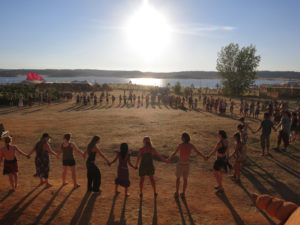


Photo by Sterneck via Visualhunt.com
As in many countries of the world where permaculture is obtaining people’s attention, Barcelona has a permaculture community that defines itself – on its website – as a “social living organism dedicated to ecological and social transformation”. This community called “Permacultura Barcelona” has several projects, from “eatable forests” to Aurea Social’s communitarian kitchen garden. This group often organizes lectures and workshops related to sustainable ways of living. Besides those, it also arranges courses with themes like “Introduction to Permaculture” or “Permaculture Design”.
If you would like to follow the activity of this group, you must like their page on Facebook, since it is the only updated source of communication they have. There you can check meetings, events, courses and much more.
Related article: Boodaville Festival 2015
Eco-villages
As a consequence of this “perma-culture”, eco-villages are becoming more and more common. They are places where you can fully experience this sustainable way of living and learn more about it from the locals. You can find some of these projects in Catalonia. Take the time to visit them.
Small steps
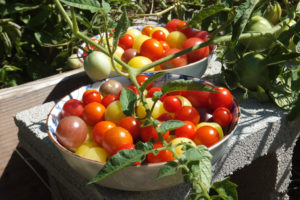


Photo by TimOller via Visualhunt.com
If you worry about your ecological footprint, permaculture makes total sense for you as it is a fantastic way of learning how to reduce it. Taking a permaculture course can help you understand how simple it can be to build a sustainable house perfectly integrated into the surrounding environment. Many other actions can be taken to reduce your impact in the world, such as changing your alimentation or recycling old material to use as a gardening tool (like plastic bottles or tires). And you do not need to move to the countryside to be able to do any of those things. You can easily rent a flat in Barcelona and live happily ever after there with your self-sufficient garden!









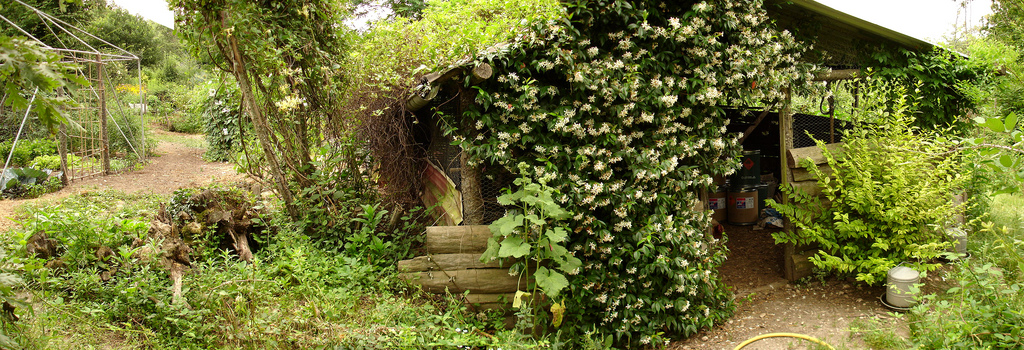

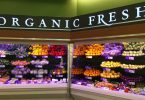


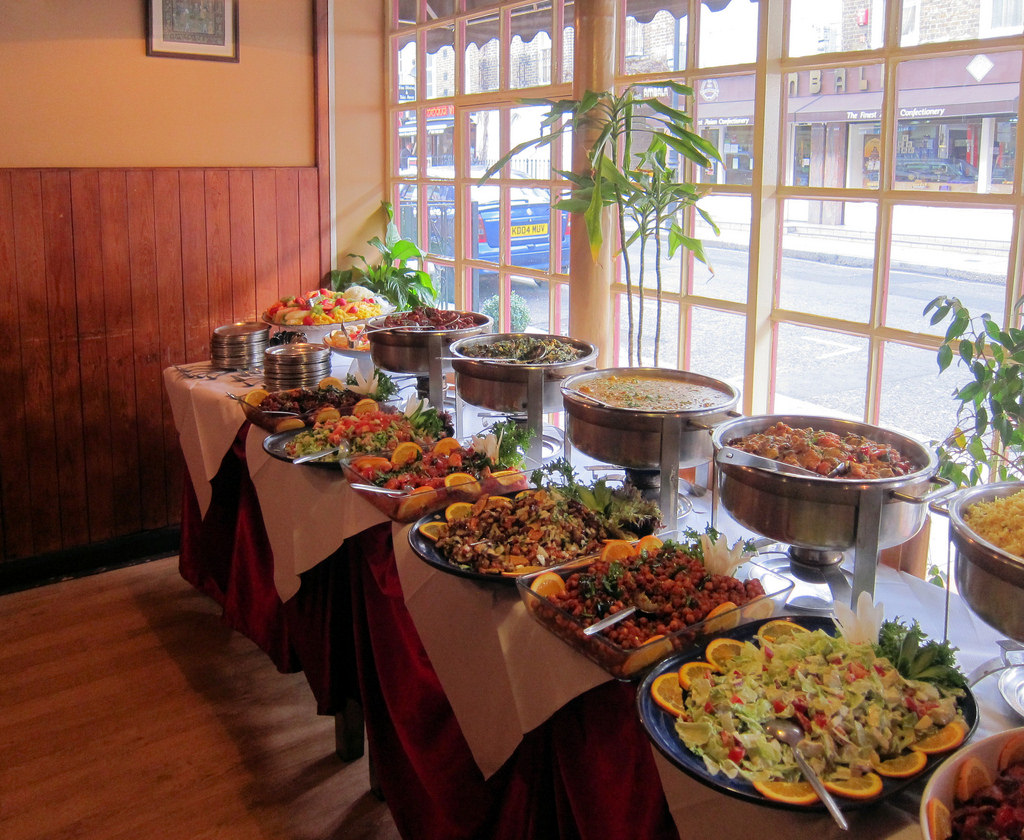






Please direct me to where I can see/visit/be a part of Permaculture in or around Barcelona. I’ll visit between July 1st to 6th.